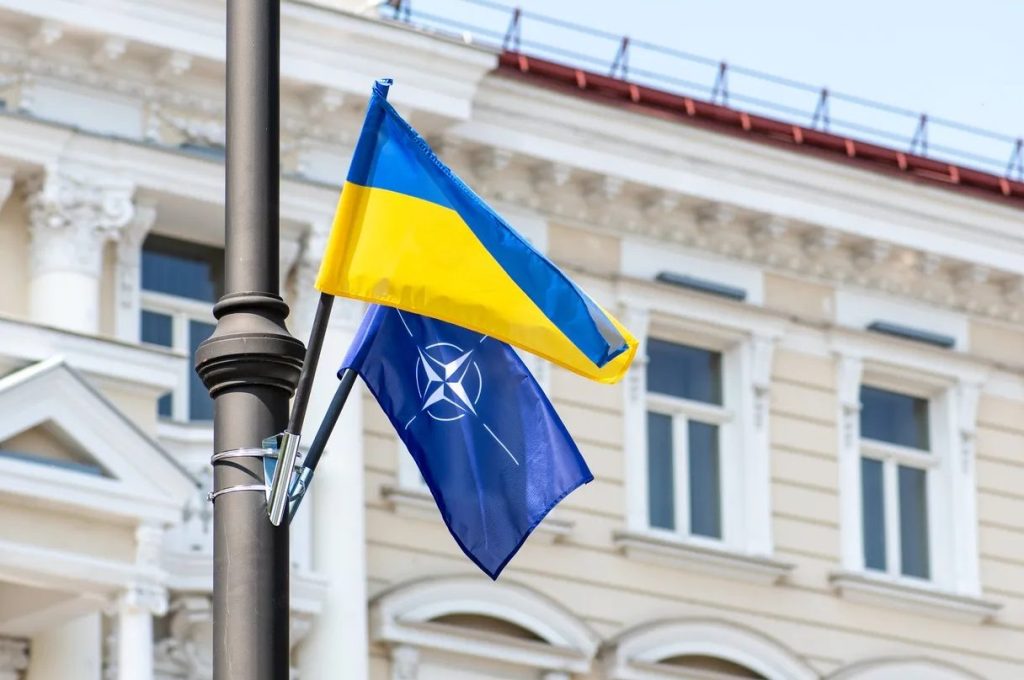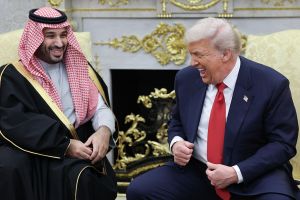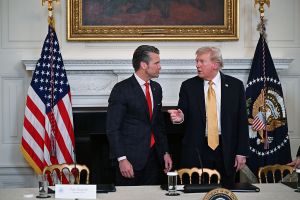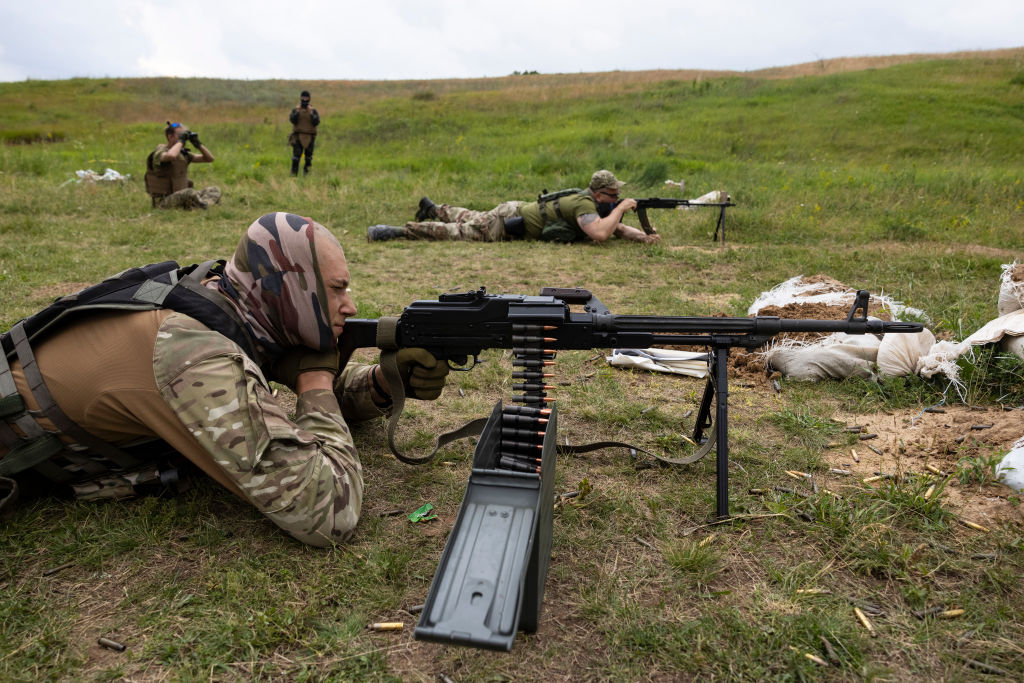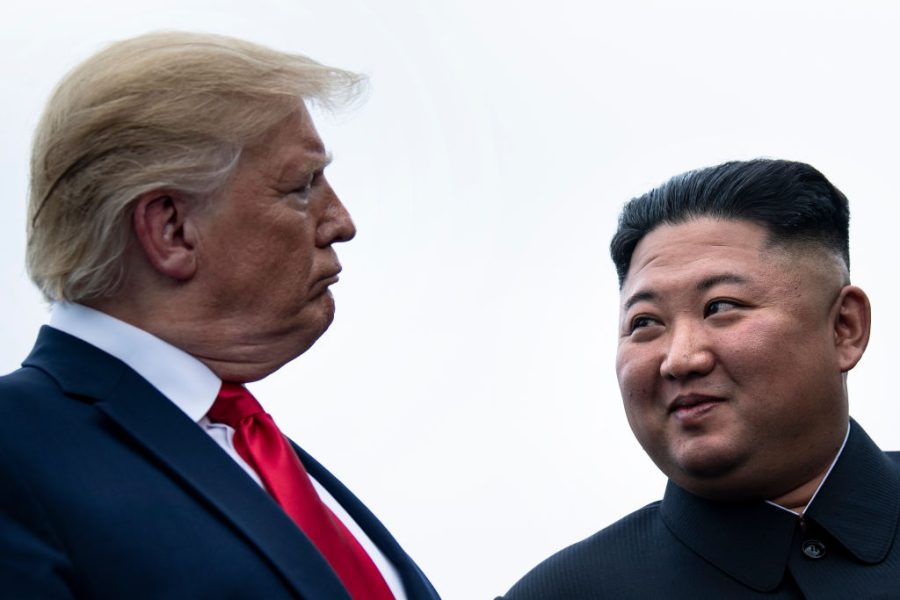There has been no more effective and successful defensive alliance in history than NATO. The unity and determination of NATO’s members meant the Soviet Union understood that the doctrine of “Massive Retaliation” was real: if they attacked, NATO would respond with nuclear weapons. The Soviet Union did not attack.
But it is clear from events this week — and, in truth, has been clear for some years — that NATO is now effectively dead as a serious force for defense and deterrence, snuffed out by the myopia and weakness of the European political class.
Russia’s invasions of Ukraine, first in 2014 and then in 2022, demonstrate how enfeebled deterrence has become since the fall of the USSR. Obviously Ukraine is not a NATO member, but Putin was clearly testing the water in 2014 when he invaded Crimea (and in 2008 when he invaded Georgia). The lack of any response from Europe or the US beyond some angry words led him to draw an entirely rational conclusion: that the Western alliance would not pose a serious threat to his military conquests.
Indeed, had it not been for the remarkable determination and skill of the Ukrainians in resisting the invasion in 2022, Putin would likely have been proved right much earlier. As it is, we are now approaching crunch time, when it seems that under President Trump’s peace “plan” — more fittingly described as surrender — Russia will be handed most, if not all, of the territory it has seized from Ukraine.
It is easy to point to Trump as the villain of this piece. Easy, because it is true. He is clearly unwilling to prolong the US’s post-World War Two role as the security guarantor in Europe. And he is planning to abandon Ukraine to Putin — not only destroying the fabric of the Western defensive alliance but also putting the freedom of the Baltic states and others at grave risk.
Anyone who thinks that the Article 5 protection of the NATO charter — that an attack on one member state is an attack on all — still matters is living in fantasy land.
Take the mooted idea of a post-surrender peacekeeping European force in Ukraine. NATO member states will have to deploy troops to Ukraine, although they would not operate as NATO forces. The possibilities for Putin to create havoc are endless. Imagine Russia attacks, say, Latvian troops in Ukraine. Who would respond? And how? It is almost inconceivable now that the US, having washed its hands of Ukraine and Europe, would act.
For all Trump’s culpability, however, the real villains are the Europeans leaders themselves. They pat themselves on the back for standing by Ukraine. They boast that the total amount spent by Europe in defending Ukraine exceeds the US’s commitment to date. But the reality is that their response has been paltry, with ludicrous arguments about which bits of which weapons can be used, who they can be used by and where they can be used.
European sanctions have been pathetically easy for Russia to navigate around, and leaders still refuse to take more serious action against Russian money held in the West — and, specifically, in the UK.
This inability to act in their own security interests goes back far before 2022, to the collapse of the USSR and the so-called peace dividend. It was a lovely fantasy. But not only did 9/11 show how wrong it was, Putin’s aggression in Europe should have been met with the realization that there would only be peace if Europe started to fund its defense properly and to show aggressors that they were no soft touch.
Instead, Europe did nothing of the sort and relied to an even greater extent than ever on the US to pay for its own security.
In that sense, Trump is right — and Europeans are now reaping the consequences of their refusal to pay for their own defense. NATO and the entire European defense architecture has, in recent decades, been built on a house of sand. All it took to expose this was an American president who (albeit wrongly) could not see that a secure Europe was key to the US’s national interest.
Yet even now — today, as the defense establishment meets in Munich and as Ukraine is facing an enforced surrender — the political class either doesn’t get it or is ignoring the problem. The British government’s policy of committing to spending 2.5 percent of GDP on defense, but not until some distant and unspecified time in the future, is as perfect a parody of the past few years as exists. Trump is demanding Europeans spend 5 percent — and he isn’t wrong.
The willful myopia of European leaders has not only led to the likely dismemberment of Ukraine — it has destroyed NATO, the most successful peaceful defense alliance in history.



